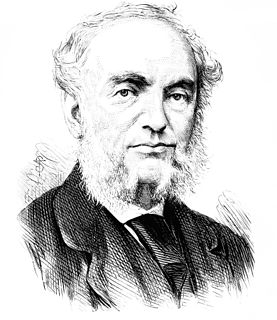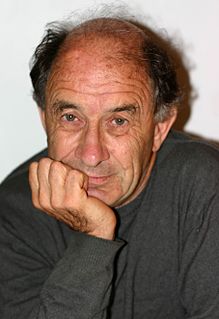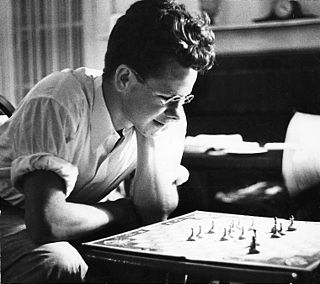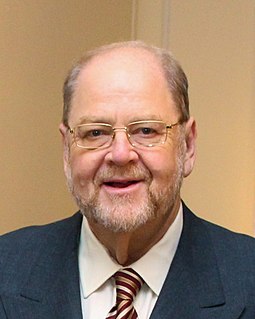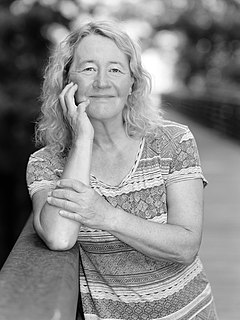A Quote by Paul Laffoley
My father said he did have the mathematics of mind physics, or the physics of consciousness.
Quote Topics
Related Quotes
It seems that every practitioner of physics has had to wonder at some point why mathematics and physics have come to be so closely entwined. Opinions vary on the answer. ..Bertrand Russell acknowledged..'Physics is mathematical not because we know so much about the physical world, but because we know so little.' ..Mathematics may be indispensable to physics, but it obviously does not constitute physics.
I do not think the division of the subject into two parts - into applied mathematics and experimental physics a good one, for natural philosophy without experiment is merely mathematical exercise, while experiment without mathematics will neither sufficiently discipline the mind or sufficiently extend our knowledge in a subject like physics.
Eugene Wigner wrote a famous essay on the unreasonable effectiveness of mathematics in natural sciences. He meant physics, of course. There is only one thing which is more unreasonable than the unreasonable effectiveness of mathematics in physics, and this is the unreasonable ineffectiveness of mathematics in biology.
As physics students, we are taught that physicists are smart, that chemists are moderately acceptable, and that biologists are certainly not very intelligent. So I wasn't inclined to take a biology course. But my father insisted, and maybe what he had in mind was that, if there were no jobs in physics, I would end up being a doctor.
The main thesis of mind-physics holds that consciousness and matter are both manifestations of a more primary entity, and that the processes of manifestation exhibit equivalent invariances for both consciousness and matter. When the program for mind-physics is complete the subject-object dichotomy of modal logic, the polarity of concept-percept, and the antagonism between morality and technology will all come to an end. Then the non-repeatable experiment will be understood to be more primary than the traditional repeatable experiment.




